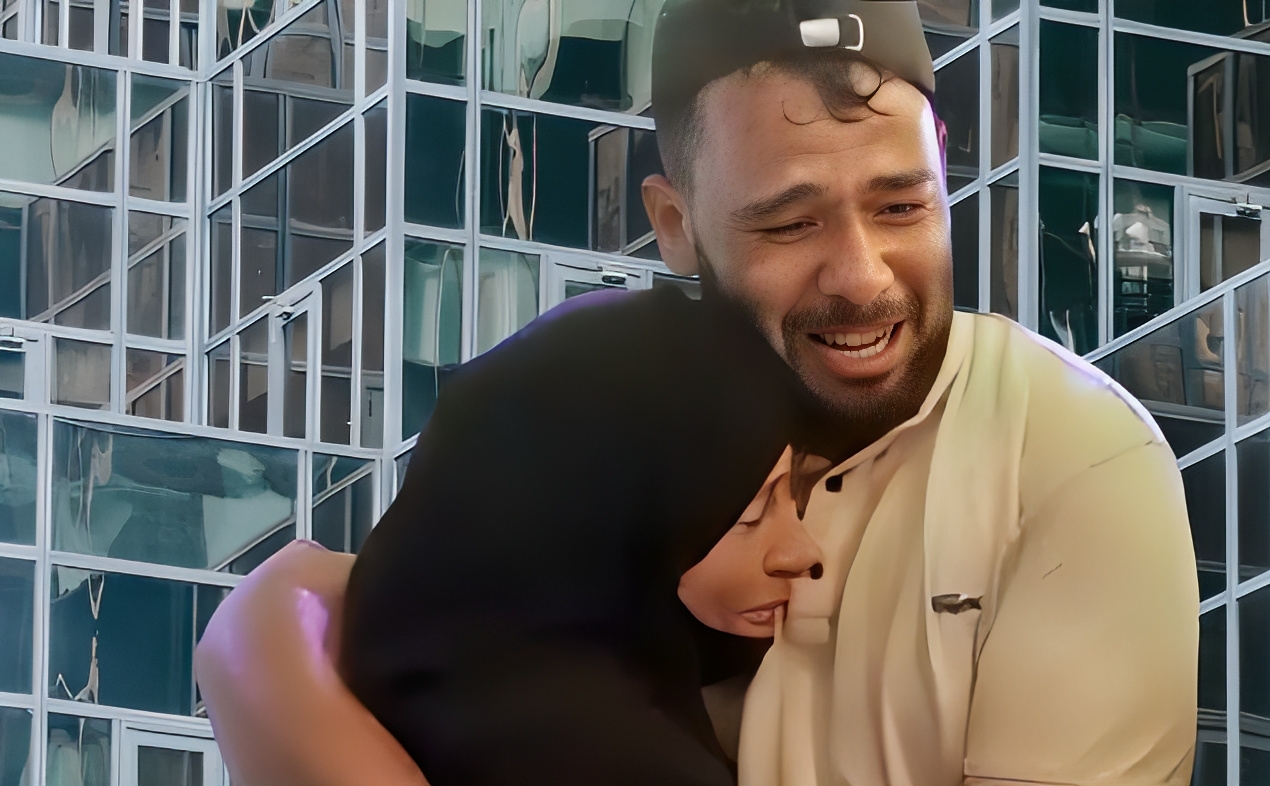Joining us this morning is Juncker Kirby Nashiri White House Counsel spokesman John, Martha has ended her term as prime minister, yet nine years on she’s going to do whatever she has to do. She’s going to do it so escalation is inevitable. We believe there are better ways to get those Israeli citizens back to their homes in the north and keep those who are there safe than escalation through war and then opening a second front on the border with Lebanon against Hezbollah. We still believe there may be a time and place for a diplomatic solution here. That’s what we’re working on. Working there but how because as we’ve just heard Prime Minister Netanyahu, it sounds like he’s being heckled by the United States. Ignoring all the demands the prime minister can speak for himself about what policy he’s trying to pursue. What operations he’s trying to conduct? All of this was a way to recognize that tensions are much higher now than they were just a few days ago.
We are of course monitoring reports of cross-border attacks that continue to happen, but what George has done is to highlight how important it is for us to try to find a diplomatic solution. Nobody is aware of how difficult that is going to be, certainly in light of the events that have happened over the past week, but that does not mean we will give up on it, we do not believe that there is a military conflict and we are saying that directly to our counterparts. George we do not believe that escalating this military conflict is in their best interest. Certainly would not be in the best interest of all the people who Prime Minister Netanyahu says he wants to send back home.
What is good is that he is now pursuing a diplomatic initiative, we have been engaged in extensive and quite a lot of diplomacy, in fact, one of our envoys almost Hawks Dino was in the region just a few days ago, we will certainly continue those conversations as much as possible and we are talking to both sides here. The way it seems to be resorting to this latest escalation is fueled by the Israeli bombings earlier this week, I know you said the United States and I know the United States is concerned. Some people have said that the response of these PJs or nations is not indiscriminate in any way.
What we can say about those incidents is that I’m not going to go into the details of it. Because I’ve also made it clear that we were not involved in it, I’ll just say that we’re watching all of these escalating tensions that have been happening over the last week with great concern. We want to make sure that we continue to do everything we can to prevent this from becoming a full-blown war with Hezbollah. As a Lebanese border, we don’t want that to happen. We’ve been working since the beginning of this conflict and since October 8 to prevent this conflict from widening in the region. Let me take a step back about those questions, this was a very shocking attack. It’s coming from a heightened attack, they’ve certainly achieved surprise, whether they’ve achieved any strategic goals. I think you’d have to talk to the Israelis about what they’re doing or not doing, I can’t speak to these events.
One place or the other might say we’ve been watching with concern the escalation of tensions in the region and across that border over the last week or so. We don’t believe that military action by any side is really in the best interests of any side, certainly not in that interest. What the Prime Minister says he wants to do, which is get good families back to their homes, is a better way to move forward here. We’re going to continue to try to explain what he has to say about the broader vulnerability of the supply chains, we’re vulnerable.
